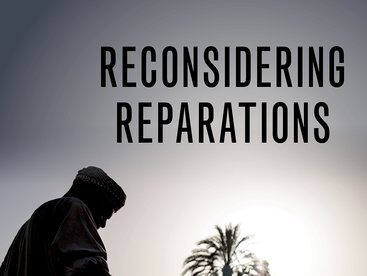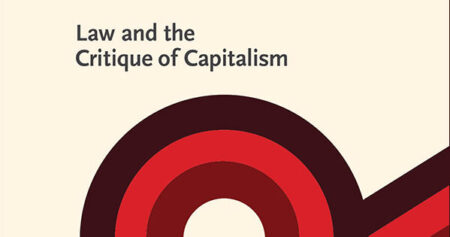
Cemex and the Right to Organize: Three Theories of the Case
The NLRB’s recent Cemex decision should discourage employers from resisting unionization and therefore make it easier for workers to gain bargaining rights. But how should we understand the basis of this decision? Brishen Rogers considers the case from three theoretical perspectives: the liberal legalist, the progressive functionalist, and the low-key Marxist.





